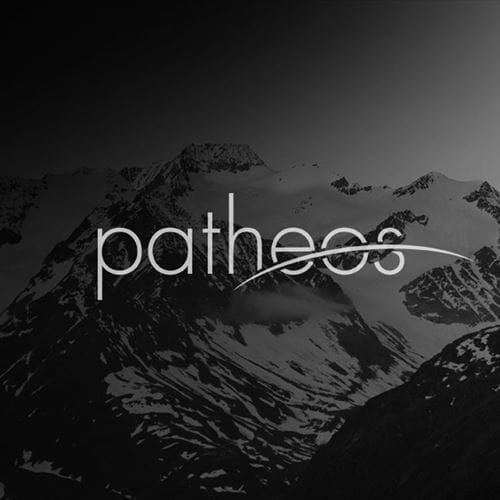- Trending:
- Pope Leo Xiv
- |
- Israel
- |
- Trump
- |
- Social Justice
- |
- Peace
- |
- Love
PATHEOS LIBRARY OF
World Faiths & Religions
What is the difference between Catholics and Jews?
Commonalities Between Catholicism and Judaism
- Monotheism: Both Catholics and Jews adhere to monotheism, the belief in a single, omnipotent, omniscient God. This foundational concept is a unifying factor in their respective theological frameworks.
- Divine Election: Each tradition holds the belief in being chosen by God for a specific purpose or mission in the world, a concept that has historically motivated both communities.
- Sacred Heritage: The Old Testament serves as a shared religious and historical document, revered and utilized within both communities. Key figures, such as Abraham, Moses, and David, are central to their shared spiritual narratives.
- Pursuit of Holiness: Both traditions emphasize the individual and communal struggle toward holiness and moral conduct, underscored by centuries of theological and ethical teachings.
- Role of Prayer: Prayer practices, though varied in form and content, are central to both Catholic and Jewish daily life, reflecting a mutual commitment to spiritual connection and reflection.
- Global Responsibility: There is a shared ethical responsibility towards others worldwide, rooted in teachings that promote justice, charitable acts, and universal respect for human dignity.
Theological Divergence: The Messiah Question
Jesus, a historical figure born into Jewish society, observed Jewish law and participated actively in his local religious community. However, interpretations of his identity and mission create a theological fork in the road between Catholicism and Judaism.
For Catholics, Jesus is recognized as the divine Messiah, fulfilling prophetic anticipations with a mission not just of ethical teaching but of cosmic redemption. In contrast, the Jewish perspective acknowledges Jesus as a figure in their historical landscape, possibly a teacher or prophet, but not the awaited Messiah promised in their scriptural prophecies.
The Messiah's Anticipation: A Point of Intersection
Interestingly, a unique intersection emerges in the anticipatory aspect of the Messiah. Both Catholics and Jews maintain a forward-looking hope for the Messiah's role. Catholics anticipate a second arrival — known as the Second Coming — in future eschatological events. Conversely, Jews continue to await the initial appearance of a promised Messiah, expected to bring a new era of peace and divine understanding.
Judeo-Christian Roots of Catholic Practices
Christianity, and specifically Catholicism, has origins deeply embedded in Jewish traditions and customs. The structure and substance of various liturgical practices in Catholicism, including specific feasts and sacramental rituals, have evolved from ancient Jewish rites and observances. This historical connection signifies a longstanding spiritual and cultural interaction between the two traditions.










